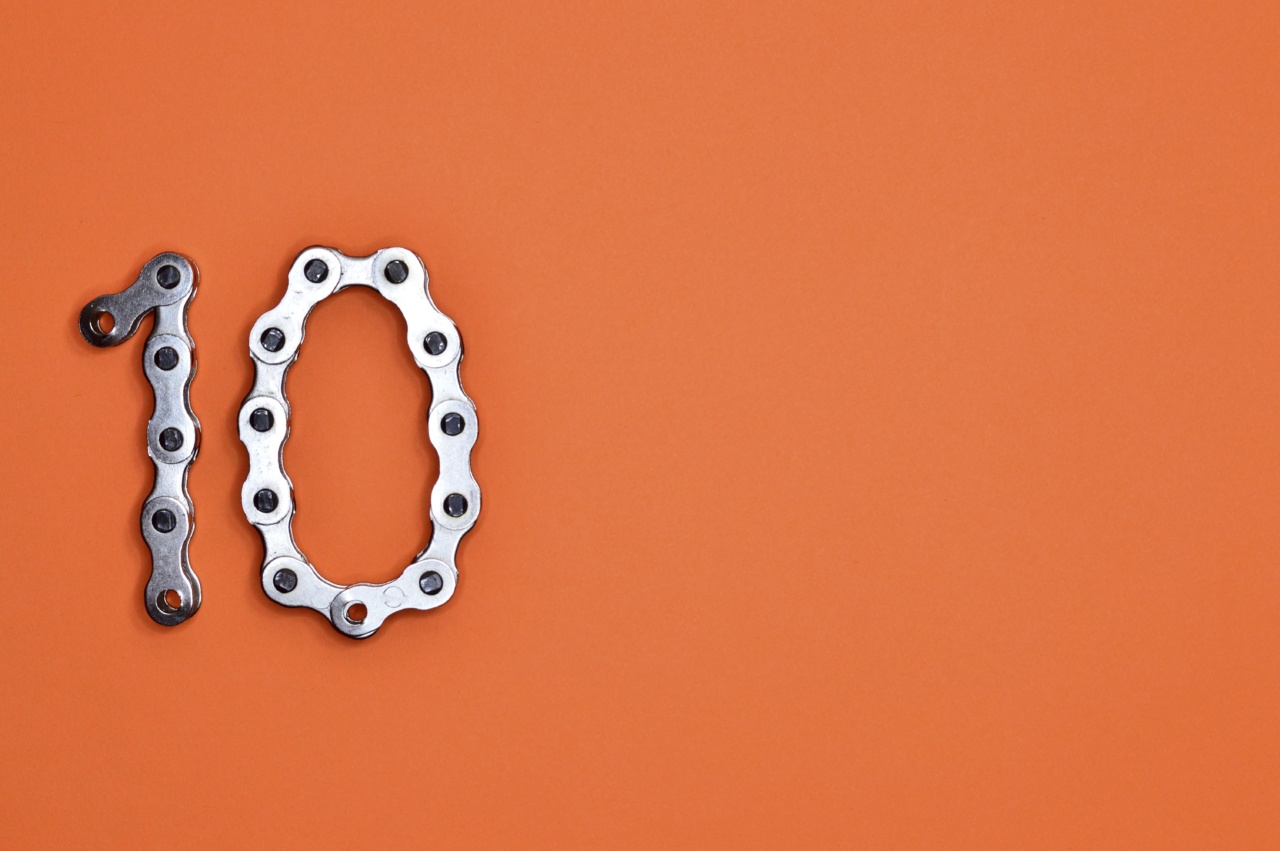Silicone inserts, commonly used in breast implants, have been a topic of controversy for several decades, with many concerns raised over their safety and potential health risks.
One of the primary concerns surrounding silicone inserts is their alleged link to cancer. While this claim has been circulating for several years, there is still conflicting evidence on the potential association between silicone implants and cancer.
What are Silicone Implants?
Silicone implants are a type of breast implant used in cosmetic and reconstructive surgeries. They are composed of a silicone outer shell filled with silicone gel or saline solution.
They are primarily used to augment breast size, improve breast shape, and reconstruct breasts following mastectomy or injury.
The Link Between Silicone Implants and Cancer
There have been concerns over the alleged link between silicone implants and cancer for several decades.
In the 1990s, a wave of lawsuits were filed against implant manufacturers by women who claimed their silicone implants caused various health problems, including cancer. These claims led to the FDA enacting a moratorium on silicone breast implants in 1992.
However, in 2006 the FDA re-approved silicone breast implants for cosmetic use in women over 22 and for reconstructive use in women of any age. Despite the FDA approval, concerns about the potential link between silicone implants and cancer persist.
Studies on the Link Between Silicone Implants and Cancer
There have been several studies conducted to investigate the potential link between silicone implants and cancer.
A review of these studies shows mixed findings, with some studies suggesting a possible association between silicone implants and cancer, while others find no evidence of such a link.
Breast Cancer
Several studies have investigated the link between silicone implants and breast cancer.
A study published in the Journal of the National Cancer Institute found no increased risk of breast cancer among women with silicone breast implants compared to those without implants.
Another study published in the same journal found no increased risk of breast cancer among women with breast implants, but did find an increased risk of brain tumors and respiratory cancers.
However, this study has been criticized for several flaws, including small sample size and lack of adjustment for confounding factors.
On the other hand, a study published in the Annals of Plastic Surgery found a possible association between silicone implants and breast cancer.
The study found that women with silicone breast implants had a higher risk of developing breast cancer than women without implants.
Lymphoma
One type of cancer that has been linked to silicone implants is Anaplastic Large Cell Lymphoma (ALCL), a rare type of cancer that affects the immune system.
According to the FDA, there have been reported cases of women with breast implants developing ALCL in the breast tissue surrounding the implant.
However, it is important to note that the risk of developing ALCL is extremely low. The FDA estimates that the risk of developing ALCL associated with breast implants is 1 in 3,817 to 1 in 30,000, depending on the type of implant used.
Conclusion
The link between silicone implants and cancer remains a controversial and complex issue.
While some studies have suggested a possible association between silicone implants and certain types of cancer, other studies have found no evidence of such a link.
It is important to note that breast implants, including silicone implants, are considered safe and effective for cosmetic and reconstructive purposes by the FDA.
However, it is crucial for women considering breast implants to make an informed decision by discussing the potential risks and benefits with their healthcare provider.






















